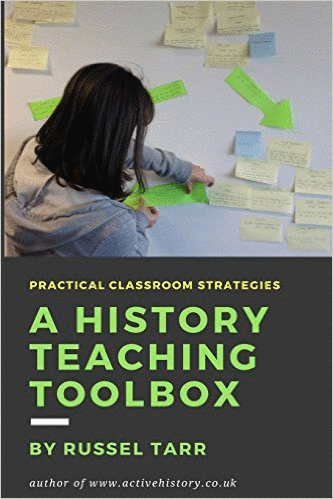May 05 |
May 04 |
Nov 03 |
May 03 |
Nov 02 |
May 02 |
|
Topic 5: The Cold War |
Assess the part played by differing ideologies in the origin of the Cold War. |
To what extent did events in the final year of the Second World War turn wartime allies into Cold War enemies? |
In what ways, and to what extent, did mutual distrust and suspicion cause the Cold War? |
How, and to what extent, did the conferences at Yalta and Potsdam (1945) contribute to the origin of the Cold War? |
Account for the emergence of the two superpowers between 1945 and 1950. |
How, and to what extent, did the conferences at Yalta and Potsdam (1945) contribute to the origin of the Cold War? |
In what ways, and with what results, was Germany the key focus of the early stages of the Cold War? |
Compare and contrast the policies of the USA and the USSR towards Korea between 1945 and 1955. |
For what reasons, and with what results, was Germany a centre of Cold War tension between 1945-61? |
"Although it began in Europe the spread of the Cold War to other regions was a much more dangerous development." To what extent do you agree with this judgment? |
In what ways did the Cold War affect the lives of people living in two developing countries? |
"Although it began in Europe the spread of the Cold War to other regions was a much more dangerous development." To what extent do you agree with this judgment? |
|
Analyse the part played by Cuba in the development of the Cold War. |
Assess the impact of the Truman Doctrine and Marshall Plan on the development of the Cold War between 1947 and 1961. |
Compare and contrast the part played by Korea and Cuba in the Cold War. |
How and why did the policies of either the USA or the USSR affect superpower rivalry between 1950 and 1970? |
Assess the effects of events in Cuba on the development of the Cold War. |
How and why did the policies of either the USA or the USSR affect superpower rivalry between 1950 and 1970? |
|
Evaluate the role of one superpower in the Cold War after 1970. |
In what ways, and to what extent, did the Cold War become less confrontational after 1970? |
Analyse the nature of the Cold War and explain why, in spite of serious crises, it did not turn into a Third World War. |
In what ways were gender and social issues affected by the Cold War |
To what extent was the Vietnam War part of the Cold War? |
In what ways were gender and social issues affected by the Cold War? |
|
To what extent did economic problems in the Communist bloc bring about the end of the Cold War? |
Assess the importance of social and economic issues in causing opposition to communist regimes. |
“The Cold War played little part in changing social and economic conditions for either side between 1945-65”. To what extent do you agree? |
Assess the importance of détente and internal opposition to Communist rule in Communist countries, in ending the Cold War. |
Define “containment”, and analyse its importance in Cold War developments. |
Assess the importance of détente and internal opposition to Communist rule in Communist countries, in ending the Cold War. |
Back to IB History

© 1998-2025 Russel Tarr, ActiveHistory.co.uk Limited (Reg. 6111680)
1 Torrin Drive, Shrewsbury, Shropshire, SY3 6AW, England
Privacy Policy | Contact





